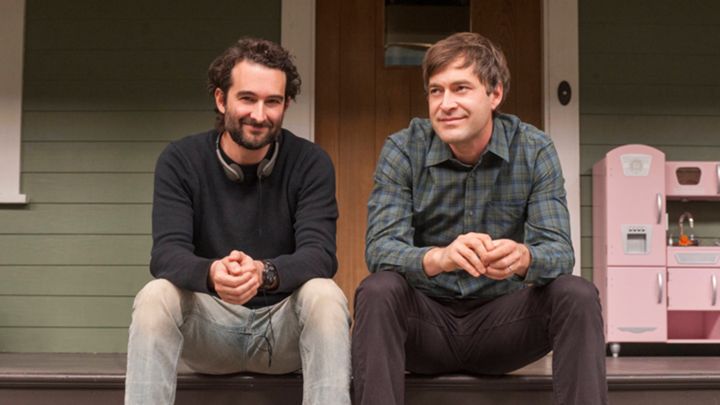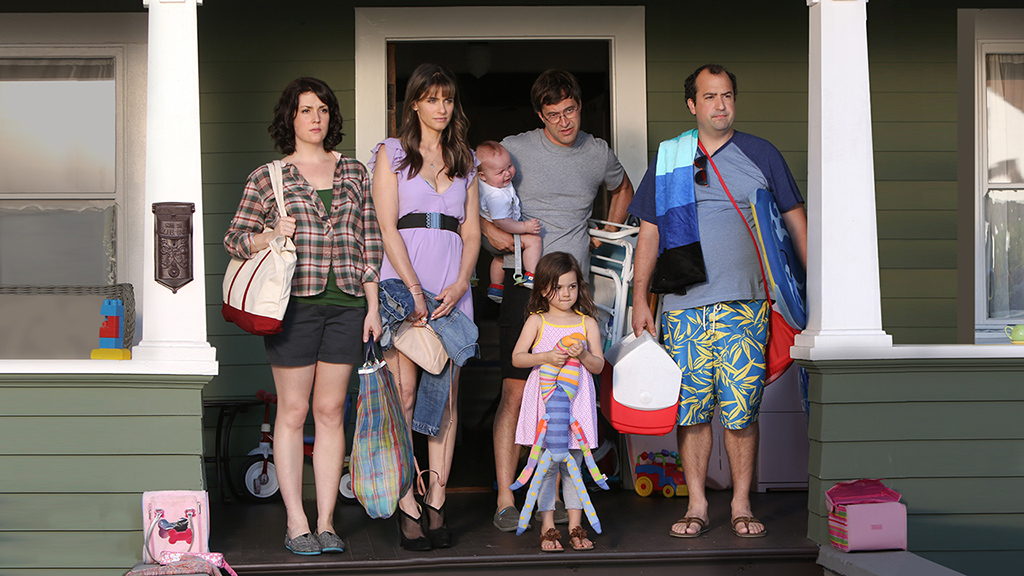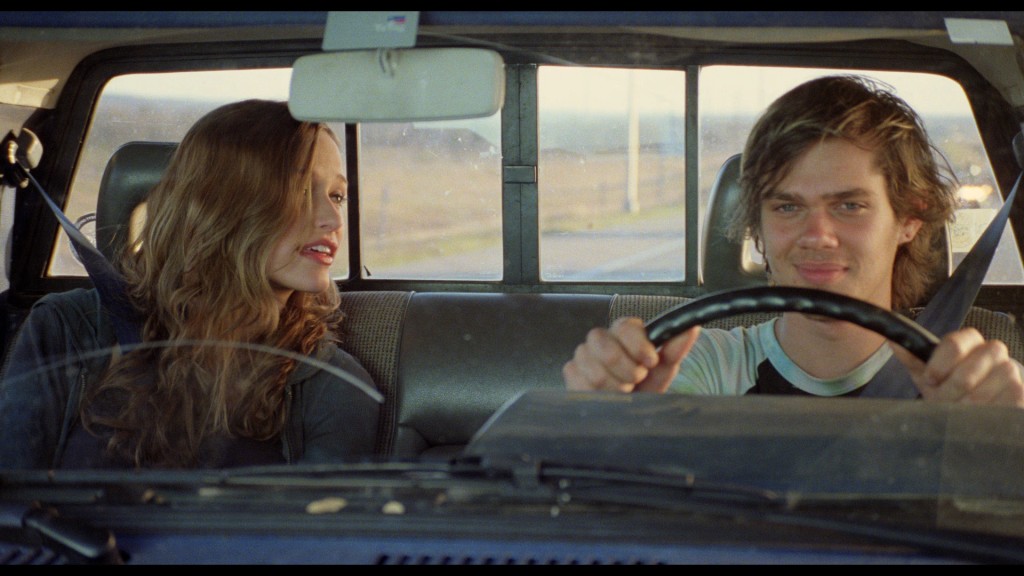It’s been almost 17 years since Seinfeld, the self-proclaimed show about nothing, went off the air, but thanks to syndication it feels like it never left and never will leave. Though very much a sitcom, shot on set in a studio with laugh tracks and all, it’s impossible to overstate just how much the show has struck a chord with the millions and millions that have watched it. All it took was a vehicle for Larry David’s curmudgeonly obsession with the irritations of daily life, and a legend was born.
In the few years after, small indie films began cropping up that were also generally about nothing. They eventually gave rise to mumblecore, a movement defined by naturalism and how much people either love or hate to call it mumblecore (indifference is not an option). One of these early films was The Puffy Chair, written and directed by the brothers Duplass: Jay and Mark (Mark also stars). It won the audience award at SXSW in 2005 and it’s “about” a dude who travels cross country to pick up a reclining chair he bought on eBay as a birthday gift for his dad. What it’s really about though, is relationships, failure, finding yourself, and being a twenty-something. Sound familiar?
Girls, which premiered its fourth season Sunday night with some casual ass-eating (NSFW) can easily be described in the exact same way, and what started out as an alternative show covering an underrepresented demographic on TV three years ago is now the anchor of HBO’s Sunday night offering. Rounding out that slate is Looking, a show that stands strongly on its own but often gets shoehorned as a gay Girls set in San Francisco, and Togetherness, which follows four close-to-40 adults dealing with all the insecurities and disappointments the Girls characters will probably face in 10-15 years.
Togetherness, which is just one episode into its existence, is co-created by—surprise—Jay and Mark Duplass (who again stars) and has already established itself as a very relatable and heartfelt dramedy. In a TV landscape where we’re used to something happening, it’s actually refreshing to watch a half hour of people do nothing more than argue, get embarrassed, and go to the beach. Seriously. Because that’s what life actually is like.
Shows like Game of Thrones and House of Cards are undoubtedly entertaining to watch week after week, with their ever-mounting tension that builds to crazier and crazier climaxes. Similarly, will-they-won’t-they arcs in the New Girls and Parks and Recs of the world keep us captivated because we love the characters. Nothing is wrong with these shows per se, but there’s something about untidy endings and gray areas that’s really compelling now given what we’ve come to expect from TV and film narratives.
When all you anticipate is for a piece of entertainment to go somewhere, and do something, and have flashy satisfying peaks that produce diminishing returns every time, it’s actually fun to be subverted. Sure, Togetherness, and other shows like Amazon’s Transparent (which stars Jay Duplass) are on paper “about” something: the former a couple struggling with their marriage housing a sister and a best friend under their roof, and the latter a wealthy LA Jewish family whose 68 year old father comes out as a transgender woman. But they’re both far more concerned with the intimacy, mundanity, and frustration of relationships than turning anything from their surface-level descriptions into a sexy hook for something bigger.
In film, the nothing trend was for the last decade mostly quite small—films like Drinking Buddies, a largely improvised highlight of the gray areas that define life made by Joe Swanberg, were the norm. Fresh off a Golden Globe for best drama on Sunday night, though, is a highly publicized film that certainly fits that nothing mold: Boyhood. Shot with the same cast over a span of 12 years, it is just about as nothing as you can get. Husbands, step-fathers, girlfriends, boyfriends, trends, and interests come and go in the lives of its core four leads, but the sum of its parts is ultimately so genuine that it’s nearly impossible to walk away from the film unaffected.
Now that shows like Togetherness and films like Boyhood are pushing nothing squarely into the mainstream, it’s interesting to examine just why the lack of flashiness suddenly feels so compelling. Although there’s an undeniable air of doubt hanging over these sorts of works, that’s actually a beautiful thing: we all go through shit, and it’s comforting to watch accurate depictions of that reality on a screen.
TV and film have for a long time been a great way to escape out of our lives—we expect greatness out of our own stories, and entertainment is a great way to brush with it when things aren’t panning out so grand in reality. But while it’s nice to escape into various fantasy worlds every now and then, it turns out that accepting your own insecurities and nothingness through the same mediums can be even more gratifying. Nothing is on the rise, people. Let’s embrace it.



Never thought that we’d link to “casual ass eating” but it was well placed.